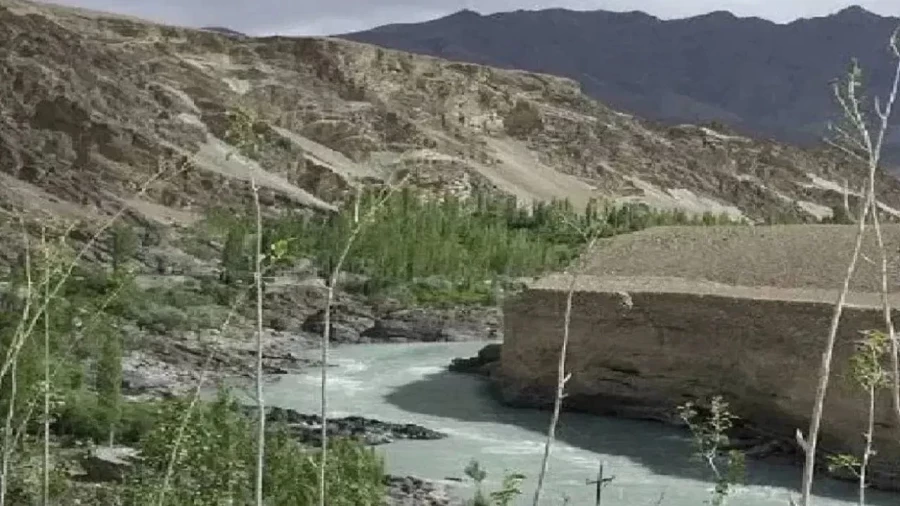India-Bangladesh News: After the Pahalgam terror attack, India had given a strong message by taking a tough stand against Pakistan and hinting at cancelling the Indus Water Treaty. Now India has also adopted a new strategy regarding the decades-old Ganga Water Treaty with its eastern neighbor Bangladesh. According to sources, India is not in favor of renewing this agreement in its old form and is preparing for a fresh agreement with new conditions.
What is the Ganga Water Treaty?
This agreement was concluded in the year 1996 between the then Prime Minister of India HD Deve Gowda and Bangladesh Prime Minister Sheikh Hasina. Under this, the formula for water distribution between the two countries was decided according to the water flow of the Ganges at the Farakka Barrage. In the dry season (January to May), if the water flow is less than 75,000 cusecs, then both the countries are given 35,000 cusecs of water, while in case of more flow, India gets 40,000 and the rest goes to Bangladesh. This agreement was for 30 years and expires in 2026.
Reasons behind India's changed stance
There are several major reasons behind India's new water policy:
Climate change and rainfall patterns have changed drastically in the last three decades.
Agricultural needs in West Bengal have increased and adequate water is necessary to keep the Kolkata port operational.
The terms of the old agreement are no longer practical.
India wants the new agreement to be for 15 years and the water distribution formula in it should be decided according to changing circumstances.
Geopolitical impact and Bangladesh's concern
This stance of India has become a matter of concern for the current Yunus government of Bangladesh. India's tough stance has come after increasing anti-India signals and policies from Bangladesh in recent years. Political and diplomatic turmoil has intensified in Dhaka because if the water supply decreases in the dry season, it can have a serious impact on Bangladesh's agriculture, drinking water supply and environmental balance.
Importance of Farakka Barrage
Farakka Barrage, located in Murshidabad district, is extremely important for India from strategic and commercial point of view. From here, Ganga splits into two streams—Hooghly (in India) and Padma (in Bangladesh). It was constructed in 1950 to keep Kolkata port supplied with water and to deal with the water crisis in Bengal.
Future direction
Experts believe that a new agreement on Ganga water sharing is possible only when both the countries accept the changing environmental and political scenario. India has made it clear that the time for "permanent agreements" is over and only flexible and short-term agreements will be practical according to the changing circumstances.


